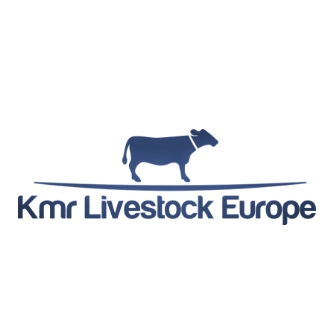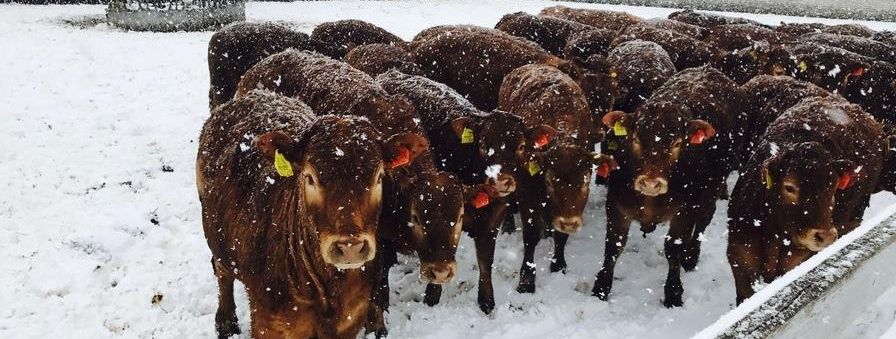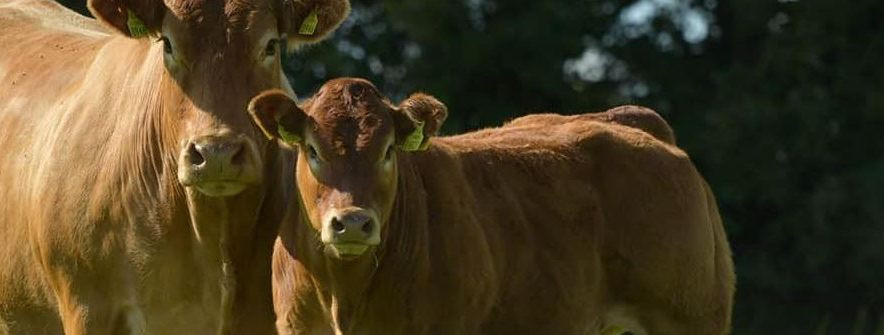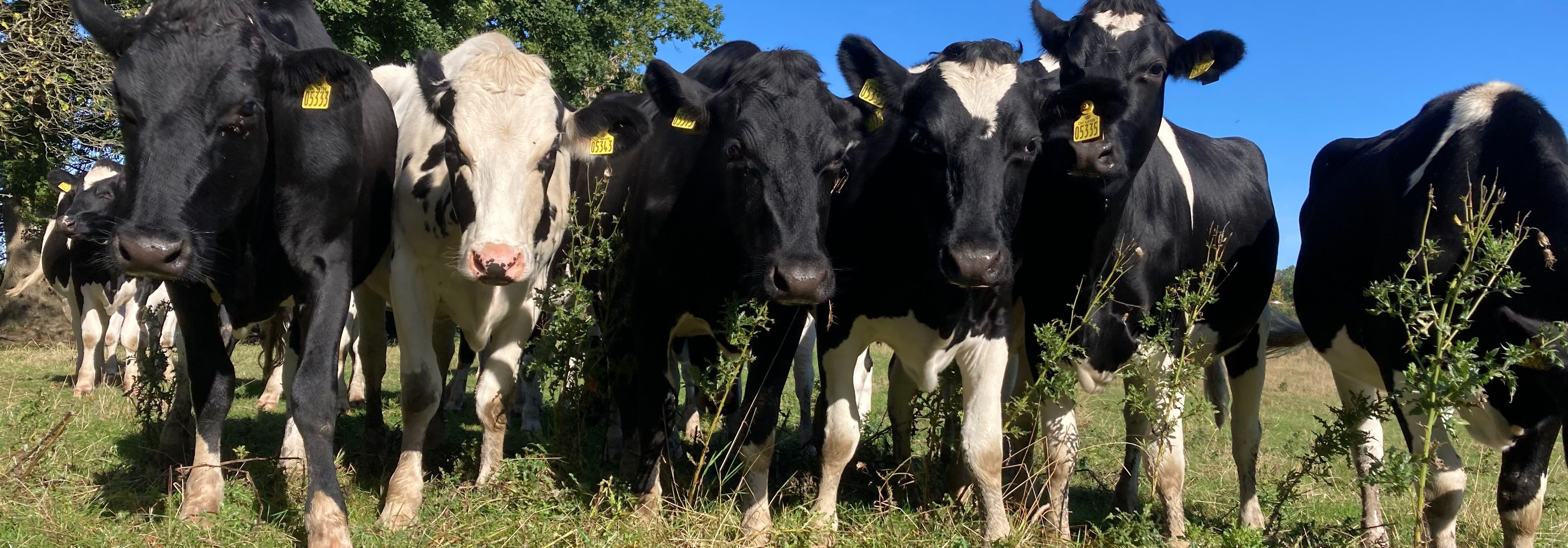Traceability in livestock: from farm to table
Traceability in livestock is a critical component of modern agriculture, ensuring that animals are raised, processed, and distributed in a manner that is safe, ethical, and sustainable. It provides a way to track the journey of livestock products from the farm to the consumer's table, offering transparency and accountability at every step.
Traceability involves documenting the life cycle of livestock, including breeding, health management, transportation, and processing. This process helps in identifying and addressing issues related to food safety, animal welfare, and environmental impact.
The Role of Technology in Livestock Traceability
Modern identification systems such as ear tags, microchips, and DNA profiling are essential for tracking individual animals throughout their lives. These tools help in maintaining accurate records and facilitating quick responses to health outbreaks or recalls.
Comprehensive data management platforms collect and store information on livestock, making it accessible to stakeholders within the supply chain. These systems are crucial for maintaining detailed records that support traceability efforts.
Blockchain technology is emerging as a powerful tool for enhancing traceability in the livestock sector. Its decentralized and tamper-proof ledger allows for secure and transparent record-keeping, which is essential for building trust among consumers and stakeholders.
Regulations and Standards in Europe
The European Union has stringent regulations in place to ensure the traceability of livestock. These laws mandate the identification and registration of animals, as well as the documentation of all movements and transactions.
Industry standards and certifications, such as those from the Global Animal Partnership and the Red Tractor Assurance, complement EU legislation by promoting best practices in animal welfare and traceability.
Benefits of Comprehensive Livestock Traceability
Producers and breeders benefit from traceability systems by gaining the ability to manage herds more effectively, access premium markets, and demonstrate compliance with regulations and standards.
Consumers enjoy greater confidence in the safety and quality of their food, with the ability to trace the origins and handling of livestock products.
Traceability systems contribute to environmental sustainability by promoting responsible farming practices and reducing the impact of livestock production on natural resources.
Challenges in Implementing Traceability Systems
Adopting new technologies for traceability can be challenging for some producers, especially those with limited resources or technical expertise.
Implementing comprehensive traceability systems can be costly, and the financial burden may be a significant hurdle for small-scale producers.
Traceability requirements vary across countries, which can complicate international trade for livestock products. Producers must navigate these differences to access global markets.
Best Practices for Effective Traceability
Successful traceability depends on collaboration among farmers, processors, distributors, and retailers. Sharing information and best practices across the supply chain enhances the effectiveness of traceability systems.
As technology and regulations evolve, it is crucial for stakeholders to continuously improve and adapt their traceability practices to stay ahead of the curve.
Open communication and transparency with consumers and partners are vital for maintaining trust and ensuring the integrity of traceability systems.
Explore the future of ethical livestock management with KMR LIVESTOCK EUROPE LTD. OÜ, your partner in advanced traceability solutions.







Comments (0)